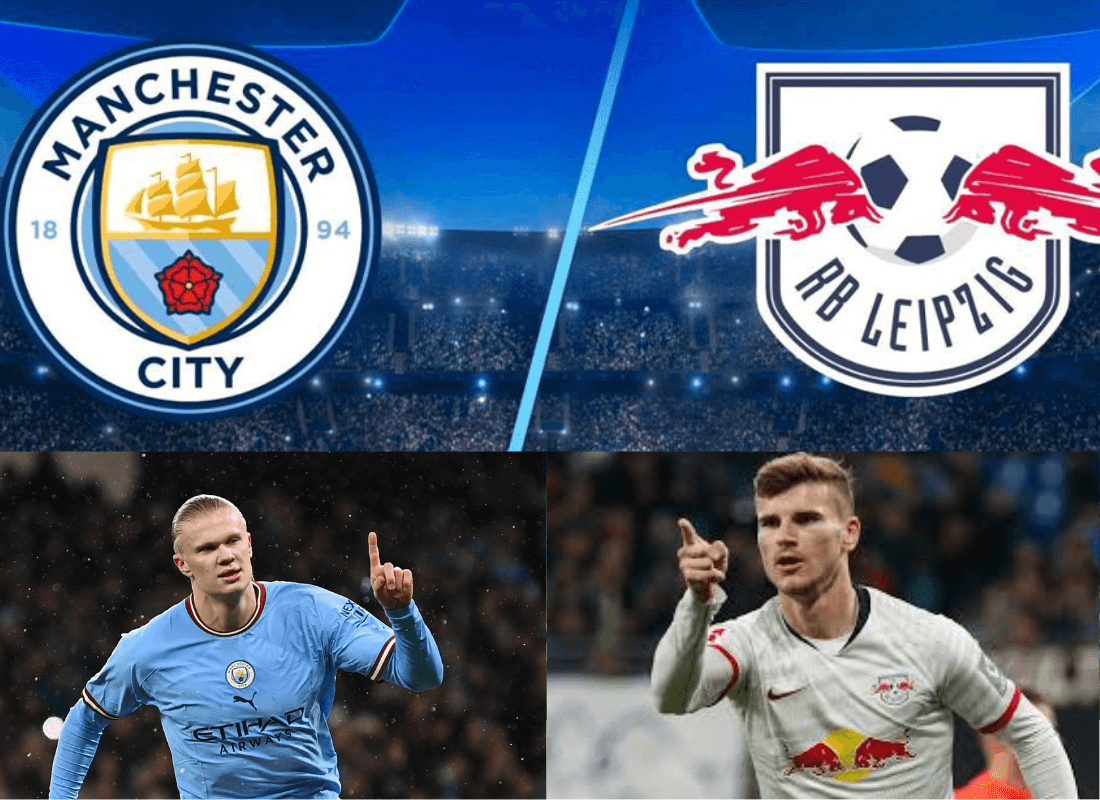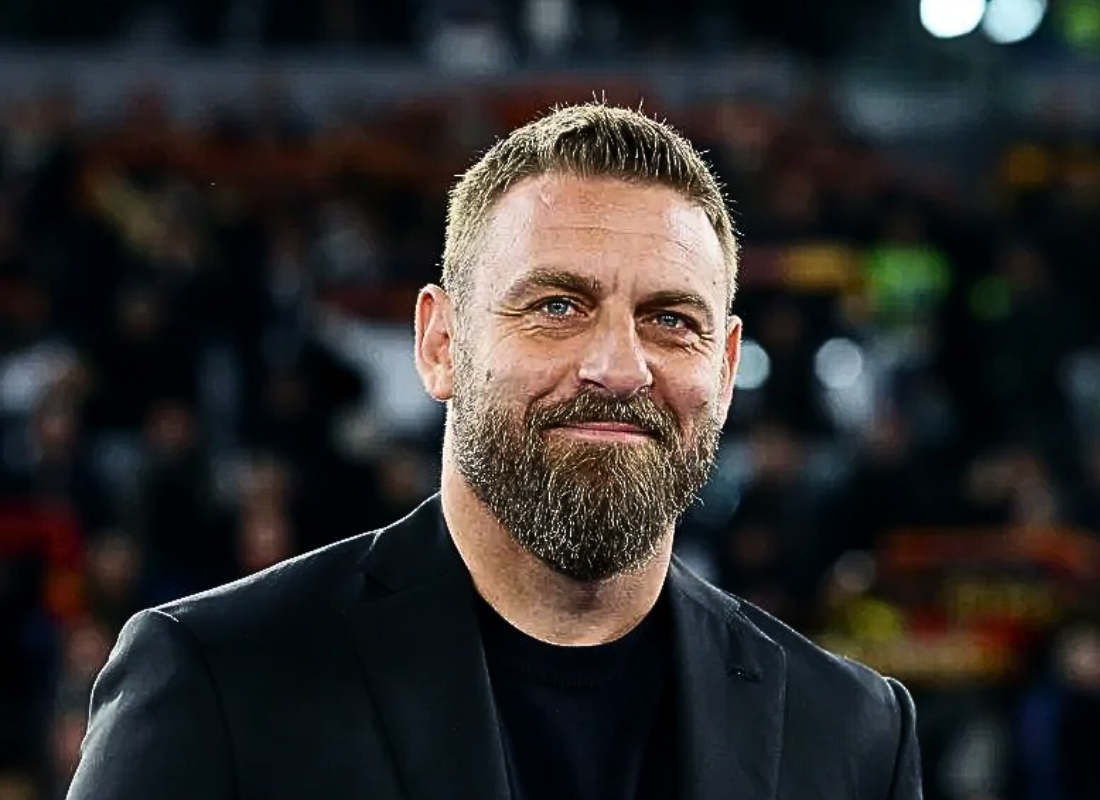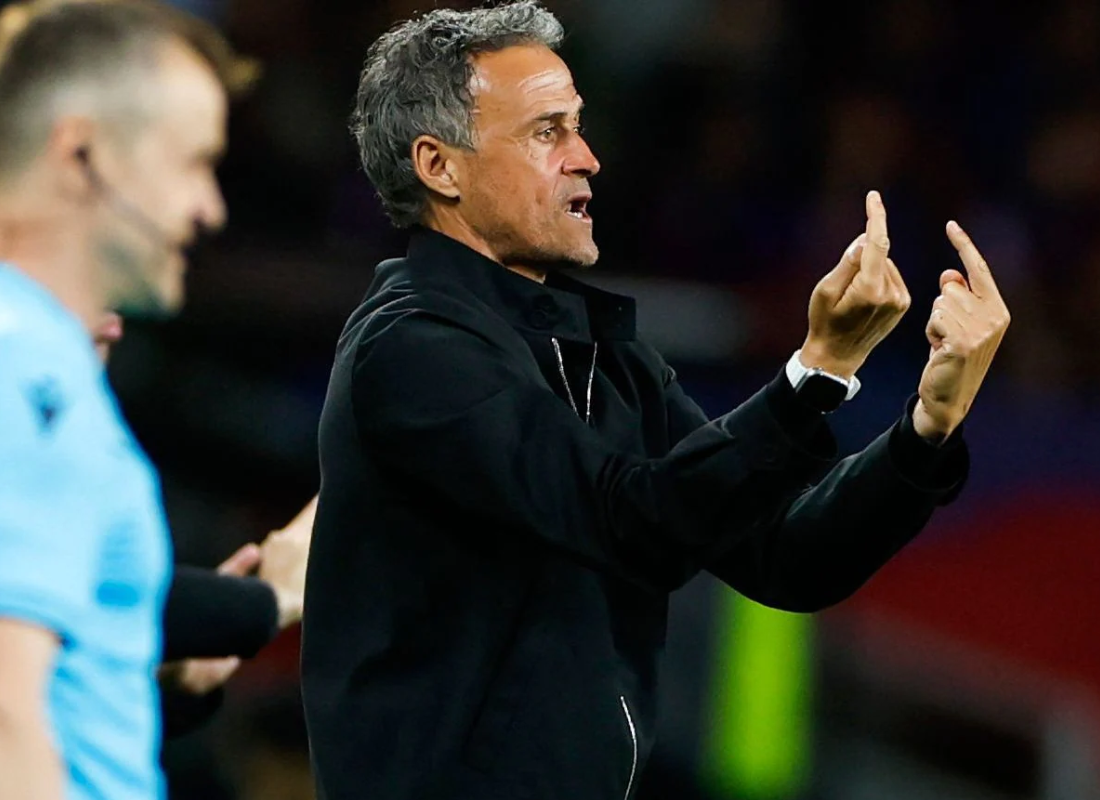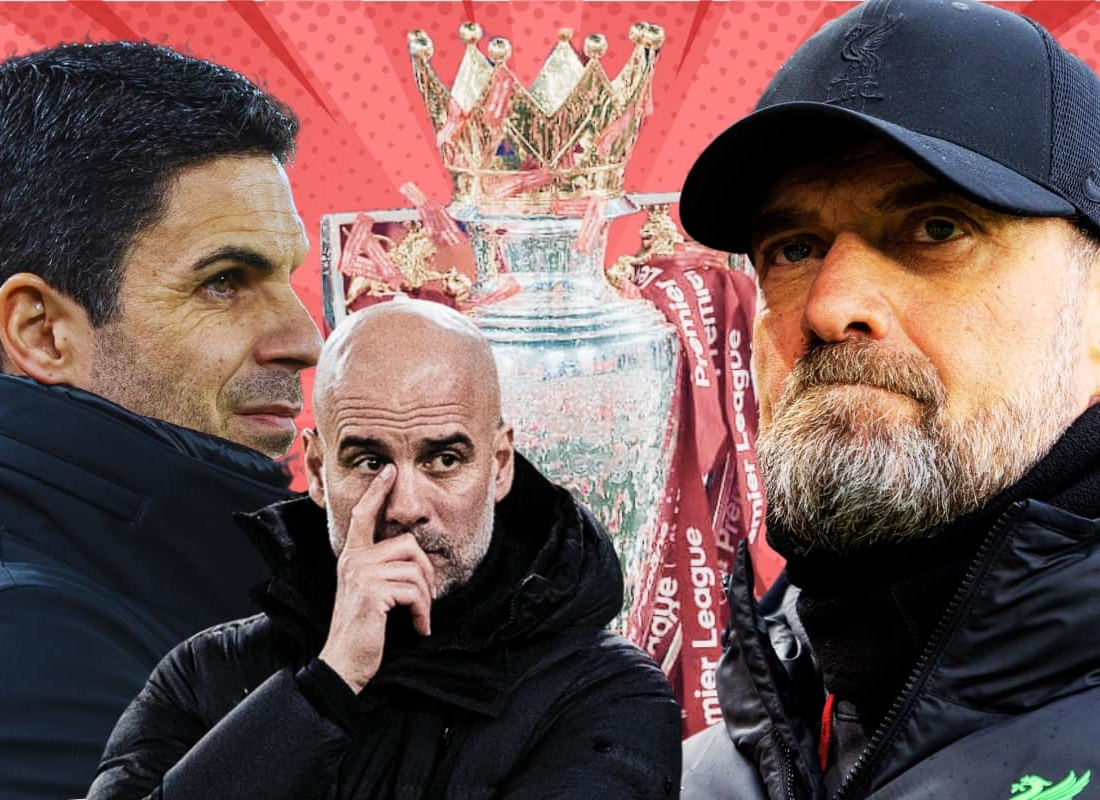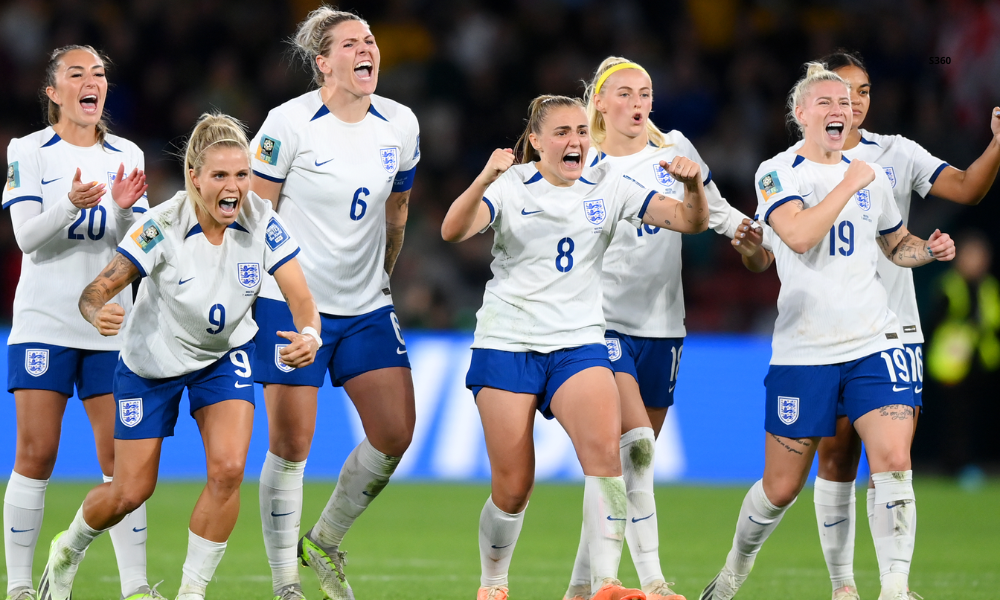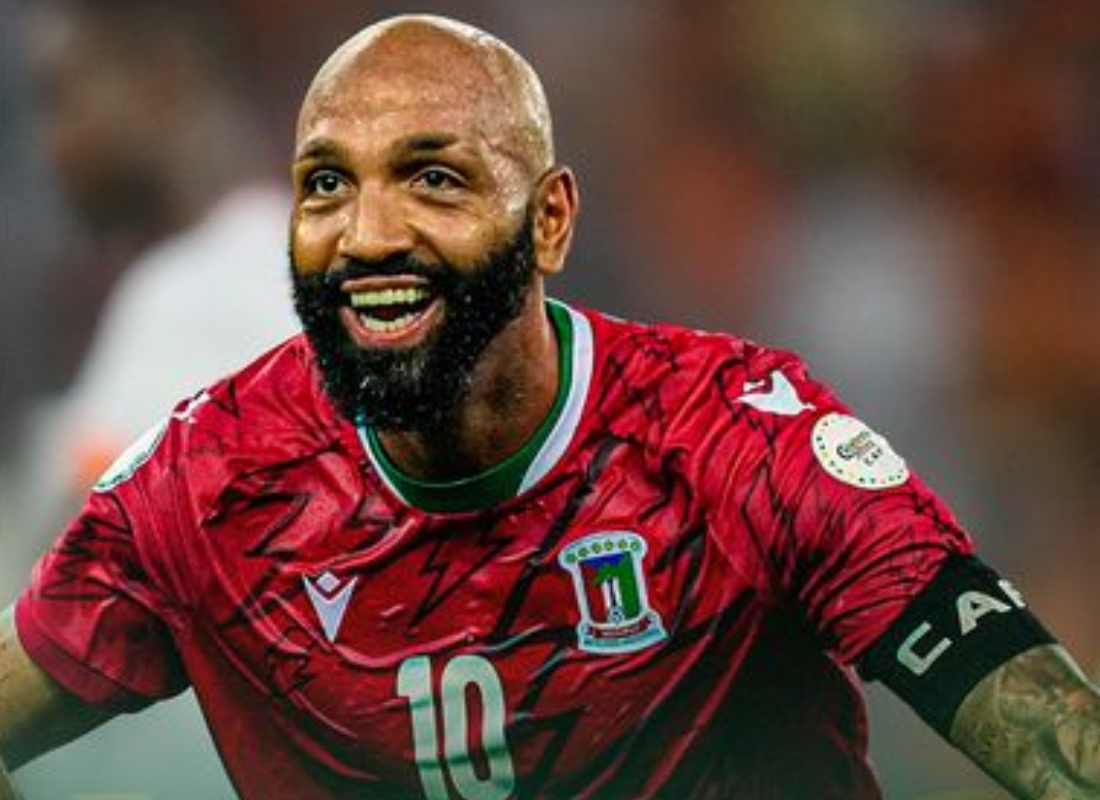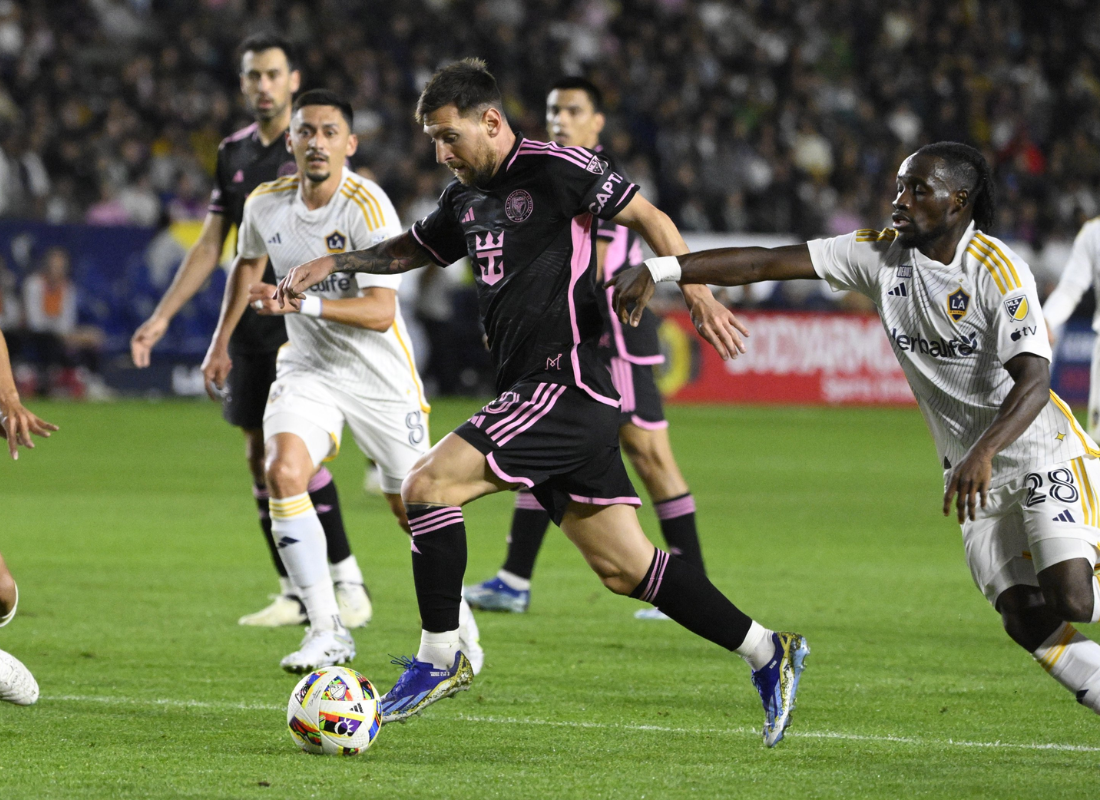The encounters between Manchester City and RB Leipzig have evolved into a recent tradition. In the upcoming Champions League group stage, Man City will be facing the German team for the sixth time within the last three seasons.
During the 2021-2022 season, Red Bull Leipzig was one of Man city’s opponents in Group G. During that period, Man City won 6-3 against RB Leipzig in Manchester, but in the return leg RB Leipzig beat Man City 2-1 in Leipzig, so the day of the final doesn’t really matter.
In the subsequent season, 2022-2023, destiny brought these teams together once again, this time in the round of 16. The initial leg at the Red Bull Arena proved to be a tough contest, resulting in a 1-1 draw. However, back at the Etihad Stadium, Man City secured a resounding 7-0 triumph, largely thanks to Erling Haaland’s hat-trick. This victory propelled them into the quarter-finals of the Champions League, which they ultimately won.
Since this tweet:
— 🕵️♂️ (@Invertered) September 10, 2023
– Erling scored 5 goals and Leipzig lost 7-0 to City
– Erling won the UCL Golden Boot
– City became Treble Winners
– Gvardiol left Leipzig to join #ManCity
– Leipzig drew with City again and will now face both Haaland and Gvardiol
Good luck, RB Leipzig. 😉 pic.twitter.com/d5nSbxlZqo
Therefore, for the third consecutive year, RB Leipzig emerges as Man City adversary. Man City’s confrontations with the German side are scheduled for October 4th at the Red Bull Arena, constituting the second matchday of the group stage, and on November 28th at the Etihad Stadium for the fifth matchday.
A TEAM JUST 14 YEARS OLD THAT IS ALREADY AMONG EUROPE’S ELITE
In 2009, Red Bull Leipzig was founded as part of the energy drink brand’s ambitious expansion into the football world. This global corporation, having previously acquired a Formula 1 team, ventured into football by purchasing SV Austria Salzburg. In 2006, they also took control of the New York Metrostars. Three years later, they underwent a transformation, converting SSV Markranstadt, a team from the German fifth division, into RB Leipzig.
The ascent of this German club was remarkably swift. They achieved promotion in their very first season, and it took them only seven years to reach the zenith of German football, the Bundesliga. During their debut season in 2016/2017, they secured a second-place finish, trailing only behind Bayern Munich.
Following that, RB Leipzig has consistently remained a fixture in the upper echelons of German football and has established itself as a regular contender in prominent European competitions.
Notably, in the disrupted Champions League of 2020 due to the COVID-19 pandemic, they advanced to the semi-finals after overcoming Atletico Madrid in the quarter-finals.
Expanding on their recent accomplishments in European competitions, they progressed to the semi-finals of the Europa League in the previous season, although they fell short of capturing the title.
On the domestic front, since their promotion, RB Leipzig has secured two second-place finishes (in 2017 and 2021), as well as three additional third-place finishes (in 2019 and 2020), a sixth-place finish (in 2018), and a fourth-place finish (in 2021) in the Bundesliga.
They have experienced significant success in the past two editions of the German Cup, claiming the title on both occasions. Most notably, they achieved a notable victory by defeating Bayern Munich 3-0 in the German Supercup earlier this summer.
Their squad boasts an array of world-class players, including Dani Olmo, who scored all three goals in the Super Cup triumph over Bayern Munich; Xavi Simons, regarded as one of the most promising talents in the football world; and Timo Werner, the prolific striker who has returned to the club following a less successful stint at Chelsea.
Reflecting on their relatively brief history as a club, the sporting structure of RB Leipzig/Salzburg has nurtured talents such as Erling Haaland, Joshua Kimmich, Dayot Upamecano, and Sadio Mané. Notably, their former coach, Julian Nagelsmann, also secured a Bundesliga title with Bayern Munich.
THE HIGHEST-RANKING EAST GERMAN REPRESENTATIVE
Red Bull Leipzig has also established itself as the most dominant team in what was traditionally known as East Germany.
The pivotal year of 1989 witnessed the fall of the Berlin Wall on November 9th, followed by the signing of German reunification in the city on October 3, 1990. This year held particular significance for German football as it coincided with the Federal Republic of Germany’s victory in the World Cup held in Italy.
An intriguing fact is that the GDR Oberliga, East Germany’s premier football league, continued to exist even after the dissolution of the country itself. With the reunification agreement in place and the season already underway, the Oberliga persisted until its conclusion.
During this transitional phase, fourteen clubs vied for one of the two coveted positions in the Bundesliga. Teams that secured third to sixth place earned spots in the second division, while those finishing seventh to twelfth engaged in playoffs against western German teams, with only two second division positions up for grabs. Unfortunately, the teams that fell short in this endeavor found themselves in the third division, a fate shared with the two lowest-ranking teams from the final Oberliga season.
It wasn’t until the 1991/92 season that teams from the former GDR began participating in the Bundesliga. This expansion saw the championship welcoming a total of twenty teams, accommodating the newcomers from the east.
For a span of fifteen seasons, at least one team originating from the former GDR maintained a presence in the Bundesliga. However, the Bundesliga once again experienced a lack of representation from eastern Germany in 2010, which persisted for seven seasons.
ALSO READ:
- Glorious Journey: A Deep Dive into the History of Manchester City
- Messi Lights Up MLS Season Opener as Beckham Watches
- Andreas Brehme, a football world champion, has passed away

